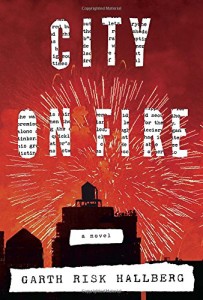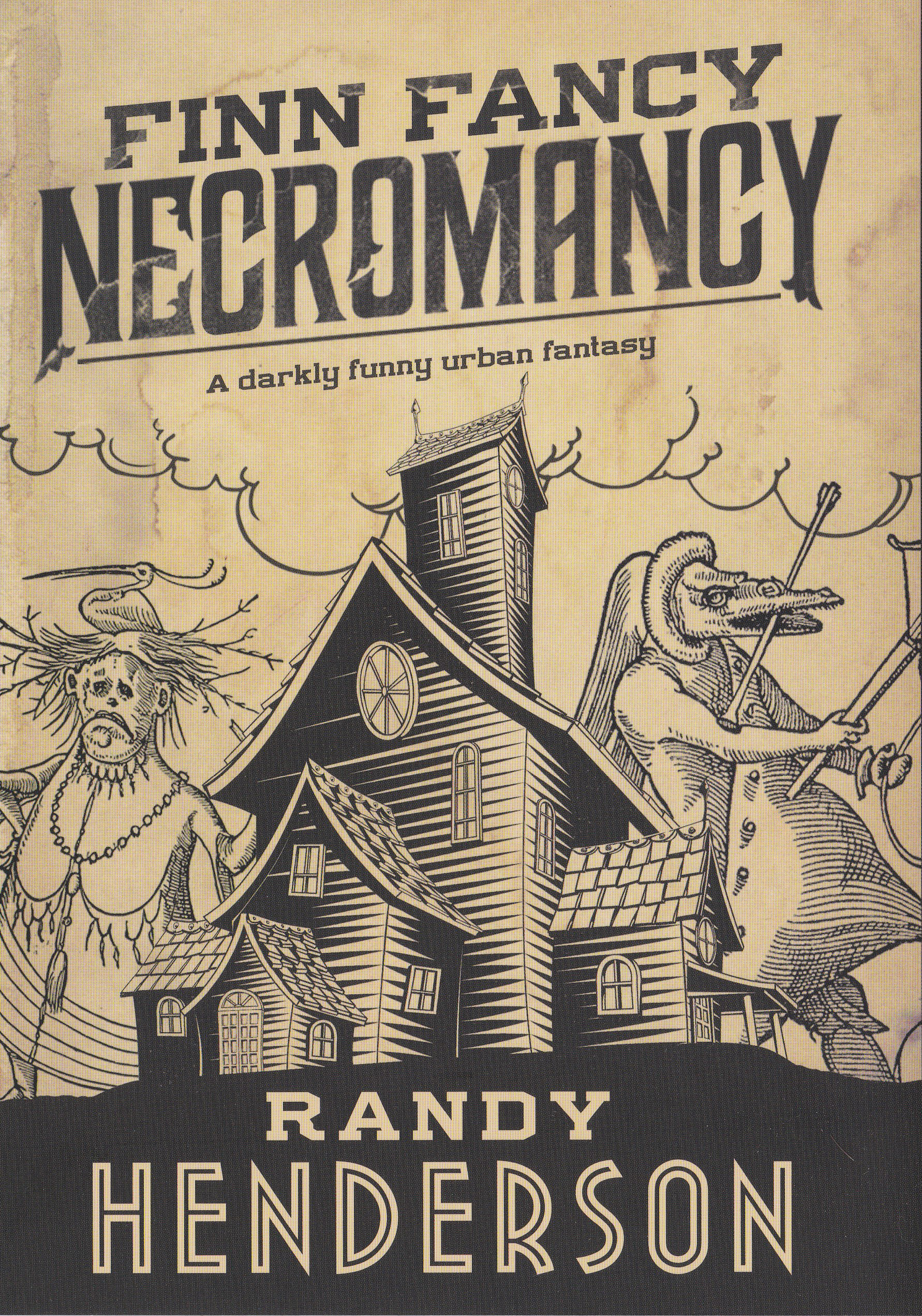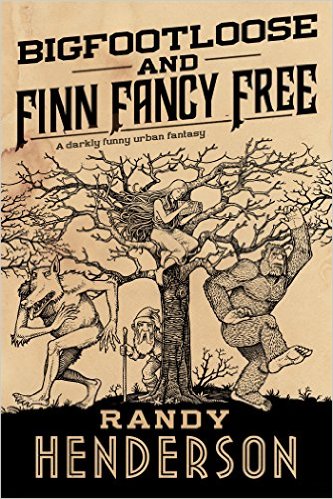In my social media feed, a lot of people were sharing this post about City on Fire, a book with sentences so bad they are funny (much like entries into the Bulwer-Lytton “Dark and Stormy Night” contest but not intentionally so).
I laughed. Then I learned about the author, and the history of the book.
I think we can learn a lot from this example, but not just about bad sentences.

WHEN I FIRST READ THE HORRIBLE, HORRIBLE SENTENCES:
First, yes, these sentences are pretty bad. As in, this is a master class in bad sentences. I think an annotated version of this list that breaks down just why each is so bad would be very helpful for writers.
The examples range from pretty common writer errors like:
“But that was where the drawing ended. Below was just white space.” The problem here is stating something so redundant and obvious that it becomes ridiculous. So we can take this, and learn from it to make sure, for example, you don’t write something like “His heart beat in his chest,” because if you are human, where else would it be beating?
To a wide range of other issues as in these examples:
“Just then, a horripilating Scaramouche appeared at her elbow.”
Or
“Breasts like bronzed mangoes.”
In fact, there appears to be a lot of bad breast descriptions in the book.
HOWEVER:
My first reaction on seeing so many posts slamming this book’s awful writing was, let us critique the writing but still try to be kind to the author.
This is a debut novel, and if someone had published the first horrible novel I wrote (which of course at the time I thought was awesome) it would have probably been rightly mocked and I would be forever embarrassed.
This is as arguably also the fault of the editors and publisher for not rejecting the manuscript outright, or telling him to rewrite it, I thought.
Or if he had self-published it, then it would still have been damaging and embarrassing for him but probably few people would know about it. The vast majority self-published badly written literary novels do not sell many copies. This was not a decently written YA or spec fic novella, which might sell like hotcakes online. It was a bid for the Great American Literary Masterpiece.
My initial reaction was that it will likely be so much harder for him to get his (hopefully) better future novel published now, the novel that reflects all the ways he’s improved as a writer from this experience. I kind of felt bad for the guy.
BUT THEN:
Garth Risk Hallberg is a writing professor at Sarah Lawrence College and literary critic who got a $2 Million dollar advance for the 900 page manuscript. He was labeled a literary wunderkind, the toast of the town, a media darling, while claiming to be an outsider not interested in it all. He screams literary cliche‘. And he’s sold at least 80,000 copies of the book in theory. Not nearly enough to earn back his advance yet, which his publisher is shrugging off claiming this is a book that will be read for generations, but it still sold far more copies than I or most writers I know have sold (although apparently some portion of that was the publisher buying its own books, perhaps to ensure the book qualified as a best seller, thus getting that self-fulfilling cycle going of perception leading to reality).
Suddenly, it became so much harder for me to feel bad for the guy.
AND YET:
Of the 14 editors who read the manuscript, 12 wanted it and got in a bidding war. It was snatched up for film and TV after a single reading. I have not read it. So maybe it’s a great story with some really bad writing, which again is something the agent and editors could have potentially helped with, especially with a $2 Million advance on the line.
Now, there is also certainly privilege at play here (which I myself have admittedly benefited from). He fits the dominant “image” of a literary bestseller, was able to cute-meet his agent over all their similarities, and privilege doubtless played some role in him getting the jobs and opportunities leading up to his success. So maybe it just FELT like a great book and safe investment to the editors, because it was so heavy (literally), read as ambitious, and the pedigree (and look/feel) of the author “felt” right, and …
I don’t know. Maybe it is good. Maybe it is horrible. And I already have a teetering stack of (probably) better things that (definitely) are more to my tastes to read, so I don’t imagine I’ll be finding out, except through others’ opinions.
STILL:
This is not a case exclusive to Hallberg’s novel. Envy and Imposter Syndrome are almost always with us writers at some level, I find. It is easy to mock the works of others, and to resent those who seem to have achieved more than us but on less perceived merit.
But in the end, we are all chasing our dreams by different paths, all trying to write that thing that will be read and loved by many (or maybe bought by many). And most of us struggle through the same problems, have to learn the same lessons, have to grow beyond the same mistakes. And hopefully there are friends, fellow writers, or editors we trust who can help prevent us from putting too many of our mistakes out in the world before we learn to stop making them.
Finally, a rising tide lifts all boats. Garth Risk Hallberg didn’t take any readers away from me, and didn’t even take any readers away from other literary writers (at least I assume it isn’t so bad it causes someone to stop reading altogether). Readers don’t just read one book, we read a book then seek out another book, quite probably like the ones we’ve already enjoyed. Further, maybe some of those 80,000 readers of City on Fire were drawn to it despite not being regular readers, and having enjoyed it (or being disappointed in it yet wanting something like it but different), will seek out other books. We help each other with every (readable) book we publish.
SO:
Garth Risk Hallberg, I hope you take all of this as a critique of the writing, not of you. Congratulations on putting in the hard work of building a career around literature, of networking successfully, and of writing a 900 page novel, congratulations on having the courage to share this piece of yourself with the world. It is unfortunate that nobody, including yourself, stopped you from putting those sentences out there. But as a literary professor, you can now use your own book as a great teaching tool, if you have the extremely valuable ability to laugh at your own mistakes. And I hope you go on to write something that is truly great, building on the lessons you learn from this experience.
PS:
I also had the thought, what if his $2 Million advance meant less publisher money to take risks on other authors with smaller advances. But I suspect it is more the case that, since bestsellers are what provide publishers the profits they need to take risks and losses on new authors, this was a gamble in that direction. And while they haven’t made the profits yet needed to support new authors, they hopefully have earned enough back to not harm their investment in other new voices too much, and considered that ahead of time.
PPS:
My short fantasy parody The Most Epicly Awesomest Story! Ever!! (published a while back on Everyday Fiction) demonstrates a lot of similar problems of hilariously bad writing, but on purpose. It has actually been used in classrooms as a teaching example. But that makes me proud and happy, because I intended for it to be funny and instructive. I’m sure I’d be far less happy about Finn Fancy being used to demonstrate bad writing, though it certainly has at least three imperfect sentences in it. 😉











